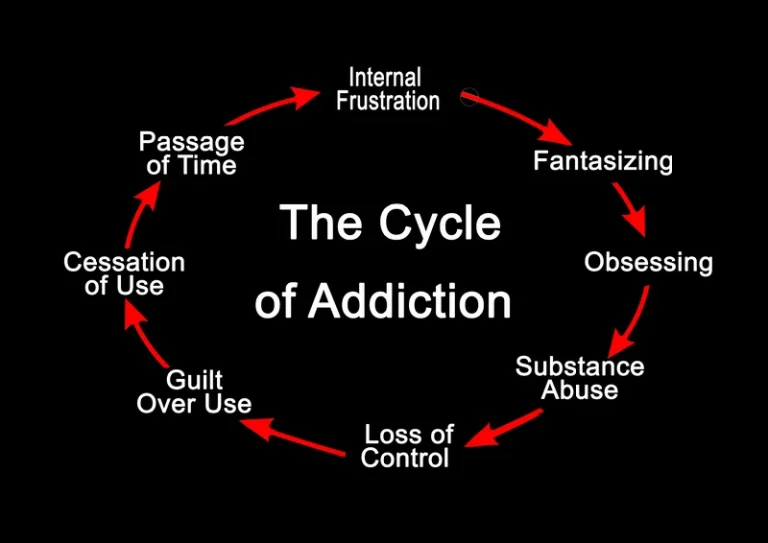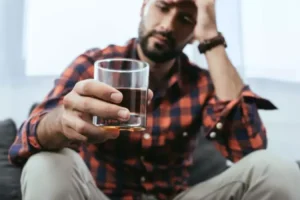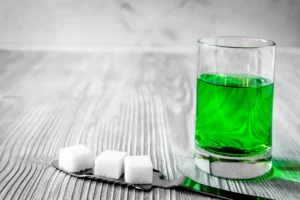
It’s important to treat sleep disorders such as insomnia (difficulty falling or staying asleep) or sleep apnea (when breathing stops multiple time a night) if they are present. And though it may help in the short term, drinking alcohol before bed can actually lead to a night of horrible, restless sleep. For this reason, a person may need to drink increasing amounts to fall asleep, increasing the risk of alcohol abuse and addiction. Researchers have found that insomnia is a risk factor for alcohol abuse.

Getting Tipsy Before Bed Messes Up Your Sleep Cycle

Drinking mindfully for the long term will likely require a lot of attention and periodic re-assessment. Dr. Iatridis says it’s important to stop drinking at least four hours before bed to prevent sleep disruption. Daily drinking can have serious consequences for a person’s health, both in the short- and long-term. Many of the effects of drinking every day can be reversed through early intervention. Typically, alcohol withdrawal symptoms happen for heavier drinkers. Alcohol withdrawal can begin within hours of ending a drinking session.
How does alcohol affect people with insomnia?
However, the bulk of the evidence shows that alcohol doesn’t improve sleep. On the contrary, as alcohol passes through the body, it exerts a number of biochemical effects that tend to lead to poorer sleep. Understanding the effects of alcohol on sleep is the first step toward preventing alcohol-related sleep problems.
Office Hours
While drinking alcohol before bedtime may help you feel relaxed and sleepy, enjoying a nightcap puts you at risk of experiencing repeated wakings and low-quality sleep later in the night. The importance of quality sleep in all mental health issues, and overall well-being, cannot be overstated. It is the first line of defense against chronic anxiety and depression.
It Delays and Diminishes REM Sleep
Another way alcohol can disrupt your sleep is by causing you to make trips to the bathroom to urinate. You probably don’t drink a large volume of water just before bed because you know if you do, you’ll be waking up at least once during the night. However, you may not think twice about drinking alcoholic beverages, which will also fill your bladder and spark the urge to urinate. The circadian rhythm is your body’s internal clock, which helps you feel awake during daylight hours and sleepy at night. A crucial part of your circadian rhythm is melatonin production — a natural sleep-inducing hormone. As it gets dark, the pineal gland starts releasing melatonin, so your body can transition more smoothly into sleep.

Surprising Ways Hydration Affects Your Sleep
If alcohol continues to disrupt your overall sleep quality, you may consider cutting it out entirely, or limiting your intake before bedtime. If you’ve stopped drinking alcohol, but are still having sleep issues, be sure to reach out to a sleep specialist. When you have sleep apnea, drinking can make the breathing interruptions last longer when you are asleep, leading to more awakenings.

Dr. Abhinav Singh,
So it’s easy to understand why young people can become locked into a repetitive cycle of sleep deprivation, alcohol dependence, risky behaviour and addiction. While heavy alcohol use can trigger insomnia, the opposite is also true. People with insomnia have an increased risk of developing alcohol use disorder, potentially because many individuals turn to alcohol as a sleep aid. Alcohol creates risks for people of all ages, but as we age our bodies are less able to cope with its effects, and health concerns increase even more. This includes our risk of several cancers, the chances of breaking a bone after a minor fall, slower reaction times, and bad reactions to medications.
Individualized, evidence based treatment, to fit your needs.
- While a drink now and then may have a sedative effect that causes you to drift off faster, research shows that it can impede sleep quality in the long run.
- Keep in mind that for people with AUD, sleeping issues may persist through the withdrawal phase.
- Sleep deprivation can leave you vulnerable to illnesses, weight gain, diseases, mental health and mood issues and mental acuity problems.
- In the long term, frequent disruptions to our natural sleep cycle may alter the homeostatic drive in a more permanent way.
- Many who abuse alcohol often do it well into the night and oversleep into the next day.
- At Gateway’s addiction treatment centers, you can receive evidence-based care tailored to your specific needs.
This stage is what is referred to as “restorative sleep” – when the body works to repair itself and boost functions. The brain then moves on to the next stage of light sleep, but there is an increase in brave wave frequency, followed by a further slowing down. This process of powering up and then slowing down helps to further slow activity in the brain. Your brain spends more time in this stage of sleep than in other stages. Research suggests that, as a depressant, alcohol does help you fall asleep faster, but those effects quickly wear away after just a few hours as your body tries to eliminate the alcohol from your system.
Eye movement increases, often seeming to jerk around, breathing increases and can be irregular and shallow, blood pressure increases and dreams begin. During this period, learning, memory, and processing functions of the brain are enhanced, affecting a person’s long-term memory does alcohol help you sleep capacity. They may turn to alcohol to reduce their anxiety symptoms, which also increases insomnia, exacerbating their anxious feelings. If a person chooses to consume alcohol, drinking in moderation several hours before bed is the best practice for avoiding sleep disturbances.
Vivid dreams
This phenomenon comes as your body finishes metabolizing the alcohol you consumed. The point at which that happens depends on how much you drank before bed. If you go to bed with a breath-alcohol concentration in the range of 0.06% to 0.08%, for instance, your body will metabolize the alcohol after four to five hours of sleep. Treating anxiety can help reduce insomnia and improve overall sleep quality. Treating these conditions may be necessary as some individuals experience insomnia due to other health issues. More severe cases of chronic insomnia may require different treatment strategies.
No Comments
Leave a Comment
trackback address